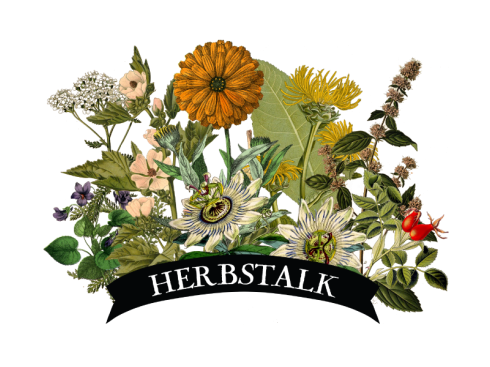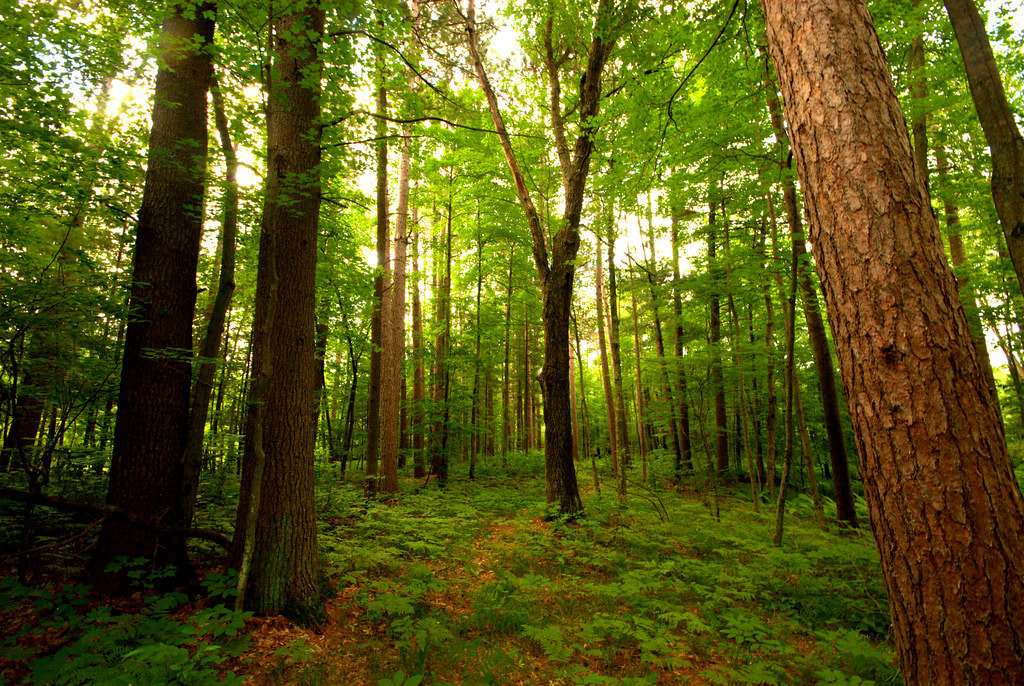|
by Nikki Paxton "To live cohesively is almost a fantasy, we ought to know it starts with humbling our egos." - Nahko When I began my venture into herbalism, I thought I knew it all. I was growing herbs, making lotions and potions, taking walks in the woods, reading any herbalism book I could get my hands on, and visiting my favorite herb store on the regular. I knew I needed more formal training if this was something I was to seriously pursue. I began my studies in Boston thinking I already knew most of the herbs we would discuss. I was wrong. There were 89 and counting. I knew a small fraction of them. As we dove in, the herb that really resonated with me was Ghost Pipe. This is a flower that grows without chlorophyll, and is commonly mistaken for a mushroom. This plant cannot be propagated, it sprouts only where it wants, and the soil must meet the perfect conditions required for growth. If you haven't already guessed, it is on the watch list for endangered plants. Ghost pipe thrives on acidic soil with filtered sunlight. I absolutely love finding it in the woods. I am in love with the nature of its growth pattern. I find the way it breaks through the ground inspiring, staying blanketed under the warmth of the leaves and pine needles until it’s ready to unveil. So, why am I writing about this fun little plant? I sat in our cozy classroom and was taught that this plant is quite rare. Suddenly, this modest plant seemed so enchanted, mystical, and elusive — a unicorn in the world of herbalism. One evening while picking up my daughter from soccer practice, in a heap of leaves on the edge of the parking lot, was Ghost Pipe. I wanted to grab a small sign and write “Please do not harm.” I wanted to alert the world that right here was this little magical plant, and I felt it was my duty to guard it. But I knew I couldn't, and I wondered if bringing attention to it might bring more harm than good. I went home flustered and excited, dreaming of the delicate and gracefully-bowing flower head. The following day, I took a walk in the woods with my dogs and as I was getting back to the car there it was — again! Twice in 24 hours. As this plant made a forever home in my consciousness, I started seeing it everywhere! But I asked myself, didn't I just learn that this plant is rare? As the next season came and my studies continued, I was still plagued by this whole scenario. I waited for August - thinking maybe last year was just a fluke and somehow produced the perfect conditions for this plant to thrive. Nope. The summer seemed to bring even more than last year... At least two flushes of Ghost Pipe came, and the second produced even more than the first. How on Earth could this be? I began to meditate on the idea of rarity and what it meant for Ghost Pipe. What I started to realize is that I live in one tiny slice of the world. What is flourishing here could quite possibly be extinct everywhere else. Cape Cod is full of moisture, pine trees, and mostly sandy soil — the conditions Ghost Pipe is known to thrive on. It became apparent that I had been thinking about this incorrectly all along. I had no choice but to open my mind to the world and take a moment to feel small. In our high-tech, convenience-driven society, it's hard not to feel like everything is at our fingertips. All our wants and needs can be fulfilled by the click of a button, a car drive into town, or the pluck of a stem. It can be hard to understand that some things are in fact rare and cannot be taken for the pleasure of possession. It can be hard to remember that Mother Nature is not a factory used to produce things for us. Instead, She’s here to share her gifts in synergy. We need plants to live, to breath... Animals need nature for food and shelter. We can show gratitude by taking a step back, not by harvesting because something is seemingly abundant, but by reveling in the wonderment of what surrounds us every day -- without exhaustion. Remember, next time you want to pick from nature because something seems to be flourishing, you might just be in a lucky part of the world. Do your homework and always leave plenty for the creatures around us; it might be their only source of food!  Nikki Paxton lives on Cape Cod with her husband, three children, two dogs, and fourteen chickens where she can garden until her heart is full, forage for tiny wonders in the forest, and visit the beach. She has carried a deep curiosity of plants since she was a young child; sowing seeds in her grandmother’s magical garden. This wonderment continued to grow as she earned certifications in herbalism, yoga, and horticulture. These three facets are the guiding factors in her practice as she weaves her skills together to create a balanced and unique approach. Nikki has been studying under Katja Swift and Ryn Midura at the Commonwealth Center for Holistic Herbalism since 2018. You can get in touch or find out more about her practice by visiting www.realgoodthings.com. Comments are closed.
|
Archives
November 2023
Categories
All
|
Join the Newsletter!
Receive news about future Herbstalk events
Thank you!
You have successfully joined our subscriber list.
Copyright © Herbstalk 2024


 RSS Feed
RSS Feed